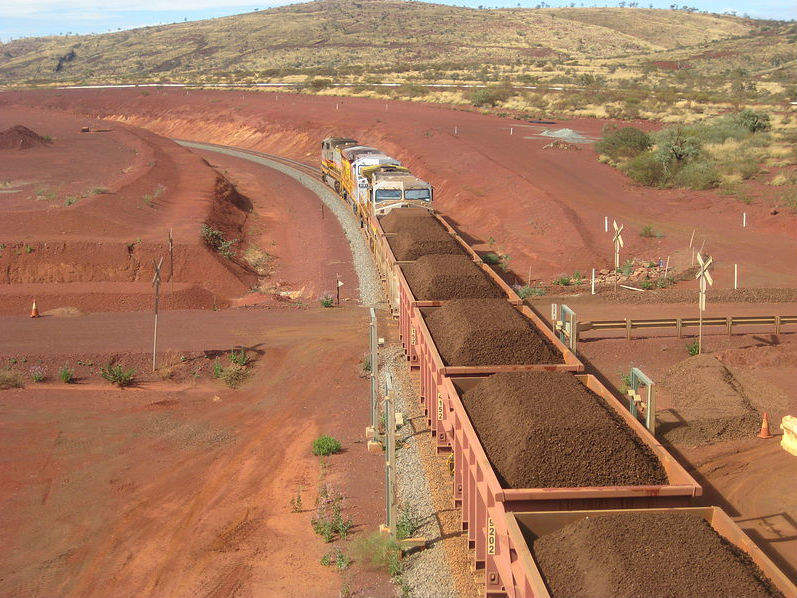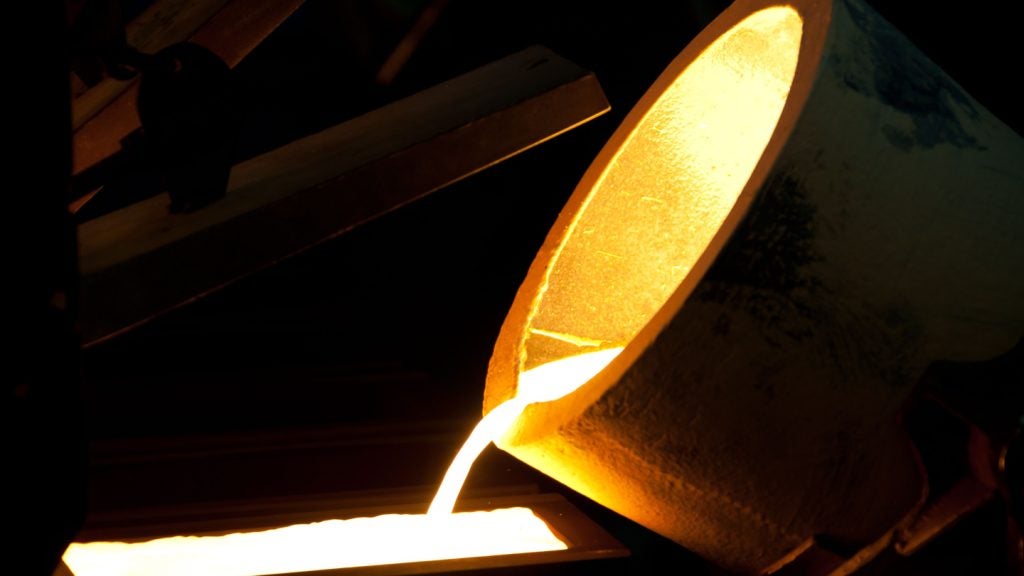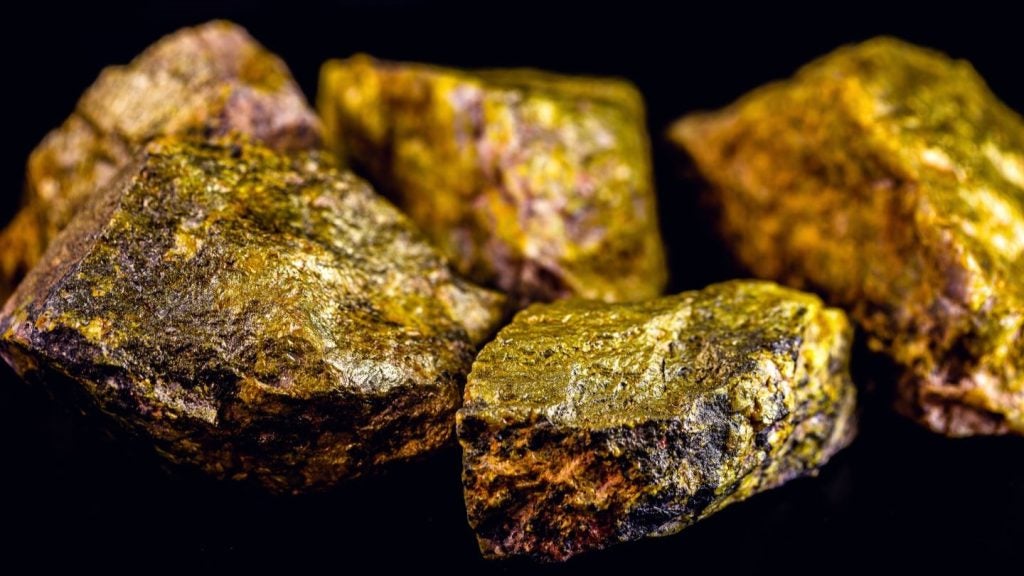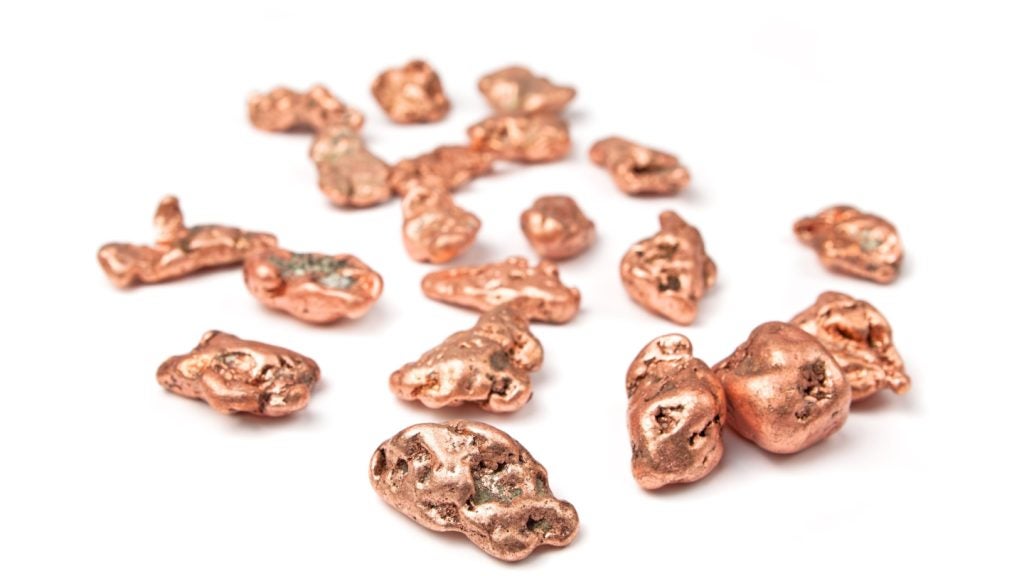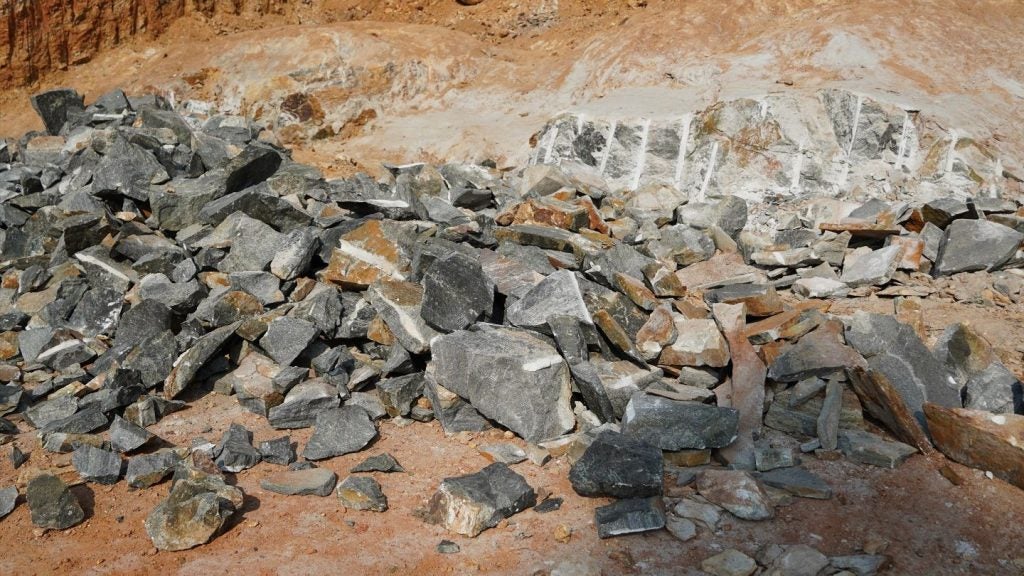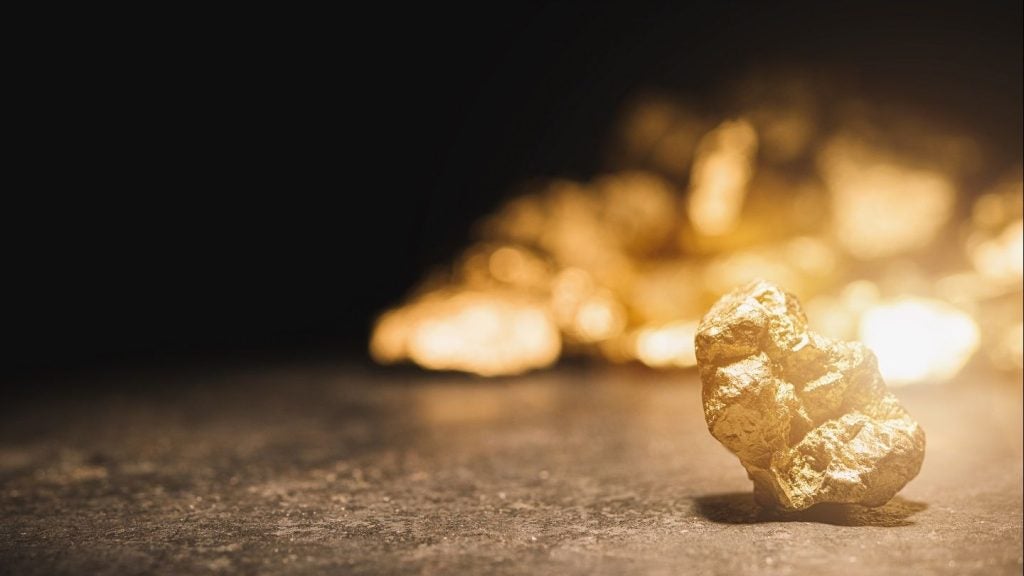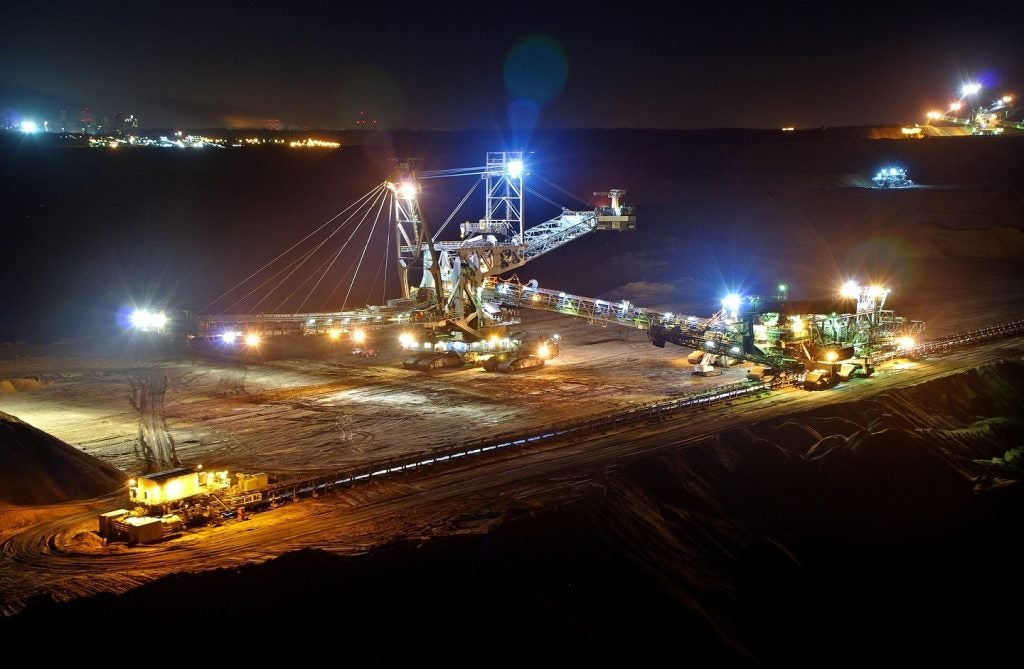Mining giant Rio Tinto said there had been no damage to the structure of a rock shelter at an Aboriginal heritage site in Western Australia following blasting at its Nammuldi iron ore operations. Rio Tinto claimed this after an inspection over the weekend.
On 6 August 2023, a drone assessment revealed that a Pilbara scrub tree and a 1m² rock had been dislodged from their position in the rock shelter. Rio Tinto claimed that blasting at the Nammuldi site had not caused any structural damage, nor had it impacted cultural materials.
The Nammuldi area is home to the Muntulgura Guruma people, represented by the Wintawari Guruma Aboriginal Corporation (WGAC). Aaron Rayner, the chief operating officer of the WGAC, said at the time: “WGAC is disappointed by the report but is yet to establish the extent of the impact to the rock shelter.”
Following the latest assessment over the weekend, Cecile Thaxter, iron ore vice-president at Rio Tinto, said: “Assessments found no structural damage to the rock shelter itself, and no damage to cultural materials. An internal review is under way, and we will learn from this incident, including modifying our practices if deemed appropriate.”
However, the Aboriginal elders are unhappy with Rio Tinto’s summary and have walked off the site. Dawn Hughes, a director at the WGAC, said: “Rio was very quick to tell their investors that they had caused no impacts to our heritage but failed to accommodate our views again. We asked Rio in 2016 to adequately protect this site, but they did not.”
Rio Tinto was heavily criticised in 2020 following the destruction of 46,000-year-old rock shelters at Juukan Gorge. The incident led to a government enquiry and the resignation of multiple senior officials.
Nevertheless, in August 2023, the Western Australian Government voted to overturn a law to protect Aboriginal cultural heritage. The Aboriginal Cultural Heritage Act came into force on 1 July 2023 but faced staunch opposition from landowners and farmers as it was deemed too costly and complex.


